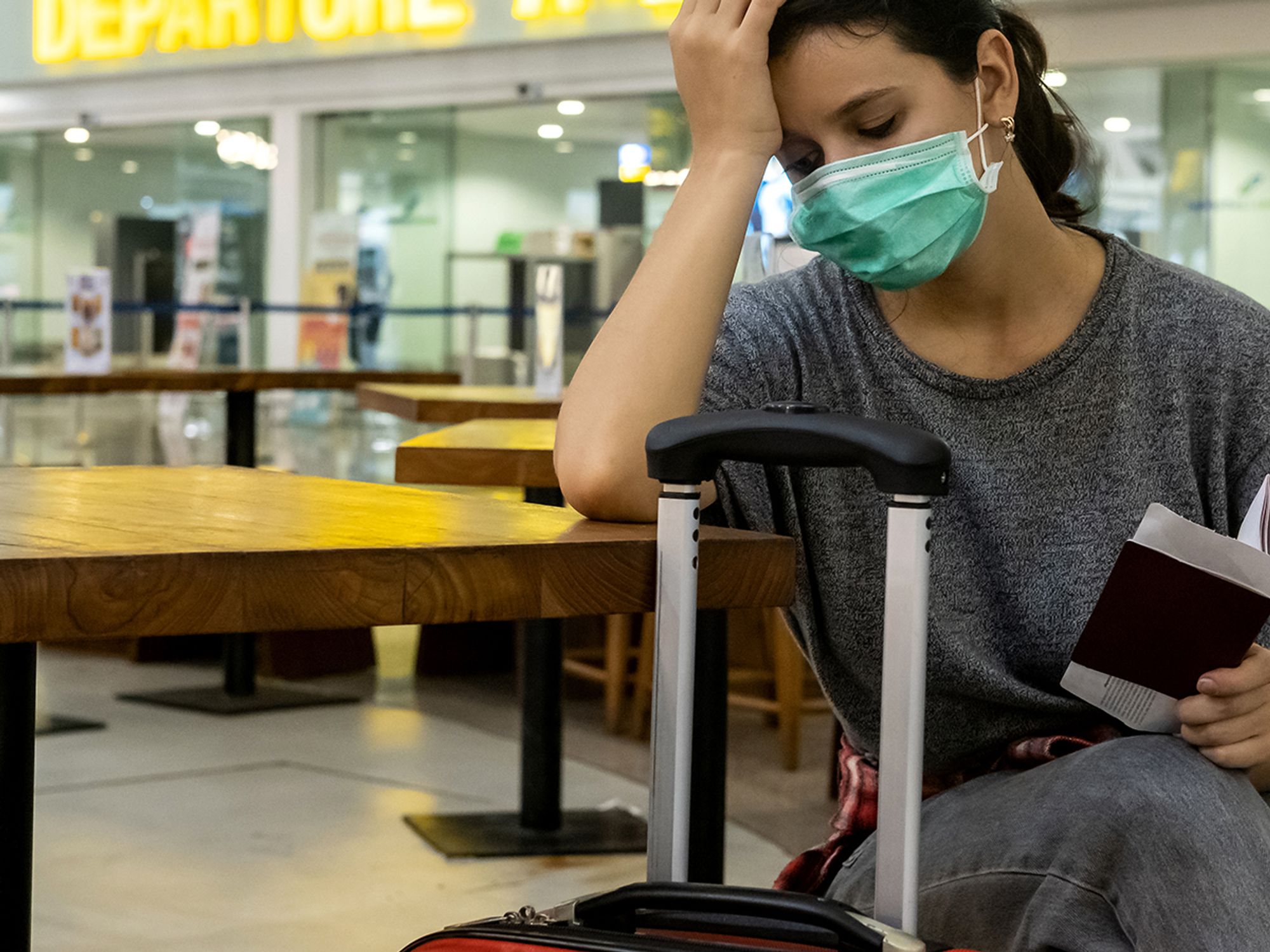Medical tourism

- Many “medical tourists” travel from the U.S. to another country each year for medical care due to decreased cost, the chance to combine medical care with a vacation destination, a preference for care from providers who share the traveler’s culture, or to receive a procedure or therapy not available in the U.S.
- The U.S. Department of State Bureau of Consular Affairs cautions that medical tourism is not without risks and advises U.S. citizens to verify the training, qualifications, and reputation of the foreign doctor and facility.
- The CDC offers information on medical tourism, including risks of complications and how to minimize those risks.
Medical tourism is when a person travels to another country for medical care. The U.S. Department of State Bureau of Consular Affairs confirms that many thousands of U.S. citizens travel abroad for medical care each year, including medical and cosmetic surgery, dentistry, fertility treatments, organ and tissue transplantation, and cancer treatment.
While coverage for medical treatment abroad is a benefit some employers have adopted, the Centers for Disease Control and Prevention (CDC) says most medical tourists pay for their own care at time of service and often rely on private companies or medical concierge services to identify foreign health care facilities.
Some US health insurance companies and large employers have alliances with health care facilities outside the United States to control costs, most insurance companies and employers are approaching the issue of medical tourism tentatively. They are concerned whether the benefits will outweigh the potential risks. As a result, some insurers have incentives only for employees that are willing to travel within the United States for discounted care (so called domestic medical tourism).
Rationale for medical tourism
Medical tourists may pursue medical care abroad for a variety of reasons, such as decreased cost, the opportunity to combine medical care with a vacation destination, a preference for care from providers who share the traveler’s culture, or to receive a procedure or therapy not available in the U.S.
Bureau advice
Medical tourism, however, is not without risks. The Bureau advises U.S. citizens considering travel abroad for medical care to:
- Verify the doctor’s training, qualifications, and reputation. Accrediting groups, including Joint Commission International, DNV GL International Accreditation for Hospitals, and the International Society for Quality in Healthcare, have lists of standards that facilities need to meet to be accredited.
- Visit the U.S. Centers for Disease Control and Prevention (CDC) website for more information on medical tourism.
- Check for more information about medical tourism in the country you are visiting.
CDC: Risk of complications
The CDC cautions that the risk of complications depends on the destination, the facility where the procedure is being performed, and whether the traveler is in good physical and psychological condition for the procedure(s). Other issues that can increase the risk of complications include:
- Infectious disease. Risks associated with a procedure done in other countries include wound infections, bloodstream infections, donor-derived infections, and diseases such as hepatitis B, hepatitis C, HIV.
- Antibiotic resistance. Antibiotic resistance is a global problem; however, a patient is more likely to get an antibiotic-resistant infection in some countries.
- Quality of care. Some countries’ requirements for maintaining licensure, credentialing, and accreditation may also be less than what would be required in the U.S. In some countries, counterfeit medicines and lower quality medical devices may be used.
- Communication challenges. Communicating with staff at the destination and healthcare facility may be challenging and could lead to misunderstandings about care.
- Air travel. Flying after surgery can increase the risk for blood clots, including deep vein thrombosis.
How to minimize medical tourism risks
The CDC recommends having a pre-travel consultation with a U.S. physician before the trip to discuss information for healthy travel and to learn about specific risks that may be faced because of health status, the procedure, and travel before and after the procedure. CDC also recommends the following steps:
- Obtain international travel health insurance that covers medical evacuation back to the U.S.
- Before planning vacation activities, such as swimming or taking tours, find out what activities are not permitted after the procedure.
- Bring copies of medical records, including results of lab tests and any other tests done related to condition and care. Inform the destination medical staff of any allergies.
- Pack a travel health kit with prescription and over-the-counter medicines. Bring enough medicine to last the whole trip, plus a little extra in case of delays.
- Bring copies of all prescriptions and a list of medications taken, including brand names, generic names, manufacturers, and dosages.
- Get copies of all medical records from the destination as they may need to be translated into English upon return.
- Identify where you will be staying immediately after the procedure.
